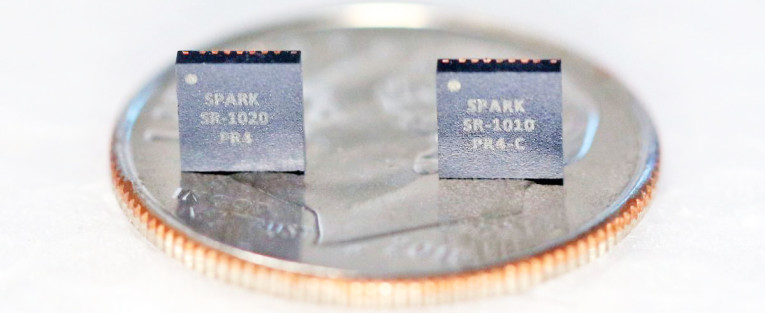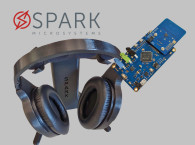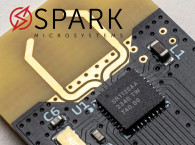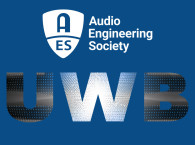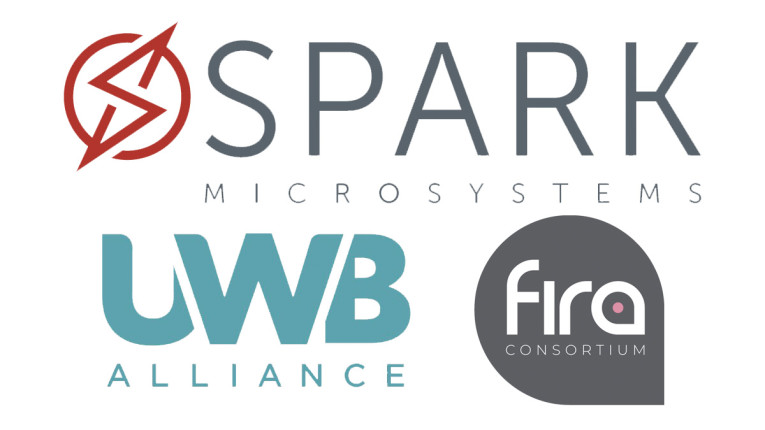
According to the company's announcement, SPARK Microsystems joined the UWB Alliance and the FiRa Consortium to influence regulatory matters and help develop international UWB technology standards.
The UWB Alliance and the FiRa Consortium work in collaboration to achieve the common goal of creating a UWB-enabled ecosystem. As a part of their joint liaison, the UWB Alliance focuses on matters arising from the promotion and safeguarding of UWB technology and advancing updates of the UWB rules in the United States and internationally whilst the FiRa Consortium focuses on UWB use cases for fine ranging and positioning and aims to certify UWB products for conformity and interoperability based on approved FiRa and IEEE 802.15.4z standards.
“The accelerated development and commercialization of UWB technology presents a massive market opportunity for low latency, low power wireless sensing and communications,” says Fares Mubarak, CEO, SPARK Microsystems. “Contributing our knowledge and expertise to both the UWB Alliance and the FiRa Consortium allows SPARK Microsystems to have the most influence on the nascent UWB technology and standards in multiple industries.”
“As UWB continues its record uptake in the consumer electronics space, this unique technology is fueling more diverse and innovative use cases, as well as establishing a vibrant eco-system,” comments Tim Harrington, Chairman of the UWB Alliance. “The much-valued technical contributions from SPARK and our other members are helping us to define how the UWB rulesets can evolve to enable these multi-radio consumer eco-systems to continue to flourish in the future.”
“We are very pleased to welcome SPARK Microsystems to the FiRa Consortium,” says Charlie Zhang, FiRa Board Chair and Senior Vice President, Engineering, Samsung Research Americas. “SPARK’s expertise is an excellent addition to our ecosystem; we look forward to good collaboration toward the future of seamless user experiences using UWB secured fine ranging and positioning capabilities.”
The SPARK Microsystems series of low power UWB wireless transceiver ICs enable a new class of short-range wireless connectivity applications that, due to power and latency requirements, would have previously needed to be wired. These applications include gaming peripherals and AR/VR headsets, smart home devices and battery-less sensors for connected devices. The company's UWB wireless transceiver series achieves an order of magnitude better energy efficiency, latency and ranging than Bluetooth Low Energy or ZigBee at faster data rates, supporting uninterrupted data streaming as well as accurate ranging and positioning. When paired with energy harvesting technologies, SPARK’s UWB technology significantly extends the battery life of electronics and enables the battery-less operation of wireless devices such as sensors.
SPARK believes and promotes UWB technology for high-quality audio too. "Bluetooth has serviced the gaming market capably through the years as the de facto enabling technology for wire-free gaming – despite its well-known limitations in audio quality. Since Bluetooth is limited to a very narrow bandwidth, audio data compression must be applied in order to squeeze an otherwise bulky audio signal through a narrow pipe, and this degrades the signal. Bluetooth codecs are inherently lossy in that a lot of source audio data is stripped away – whereas CD-quality audio is achieved with a 1,411 kbps (kilobits-per-second) data rate, a Bluetooth codec renders that down to about 300 kbps," the company states.
SPARK believes that superior data throughput and enhanced directional audio, enabling situational awareness are key for UWB applications in gaming peripherals and personal, mobile audio.
www.sparkmicro.com
www.uwballiance.org | www.firaconsortium.org
